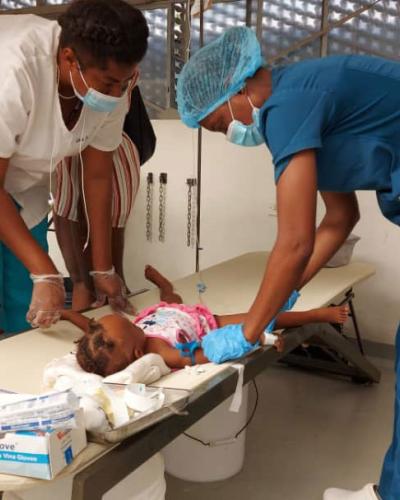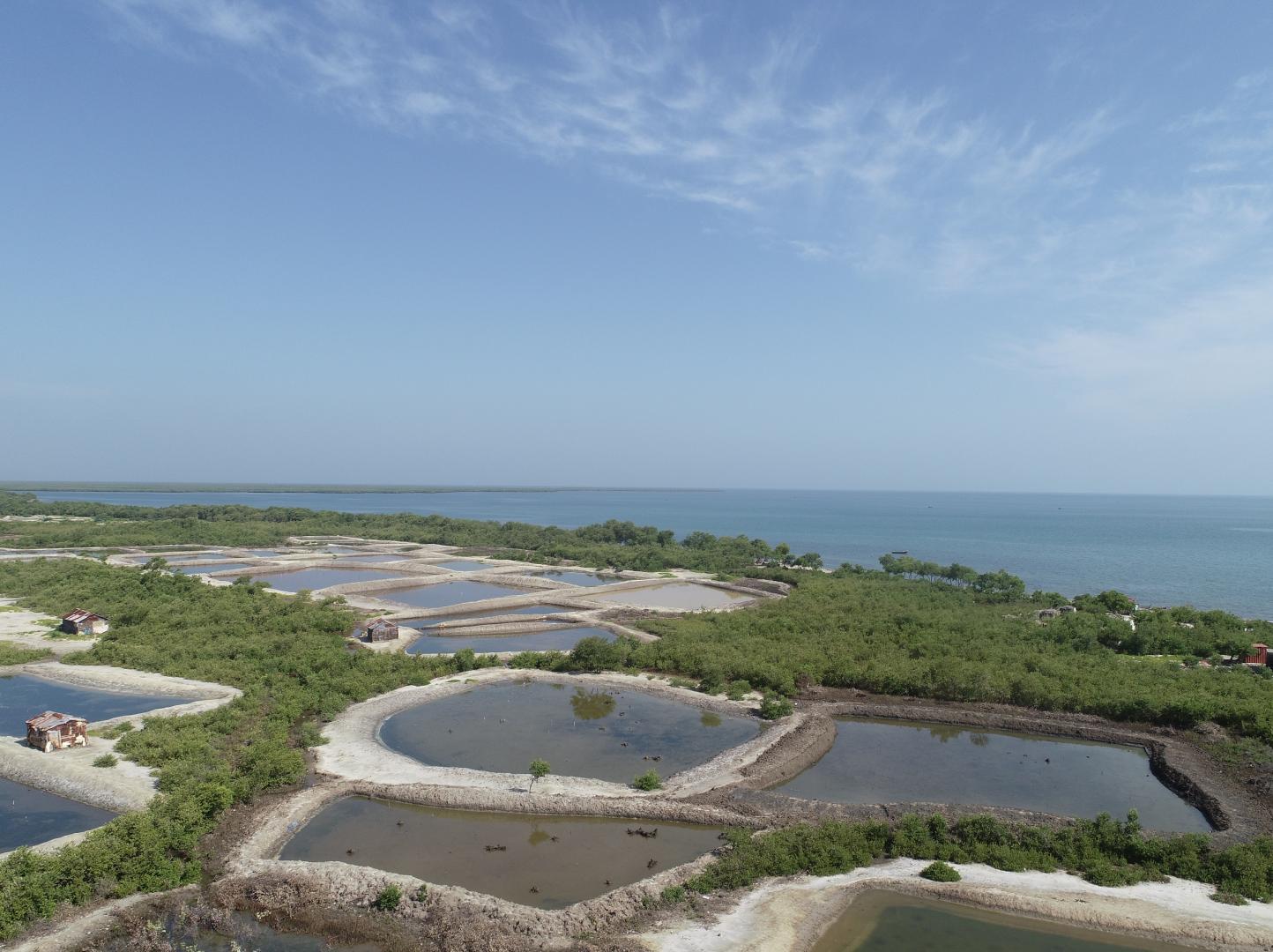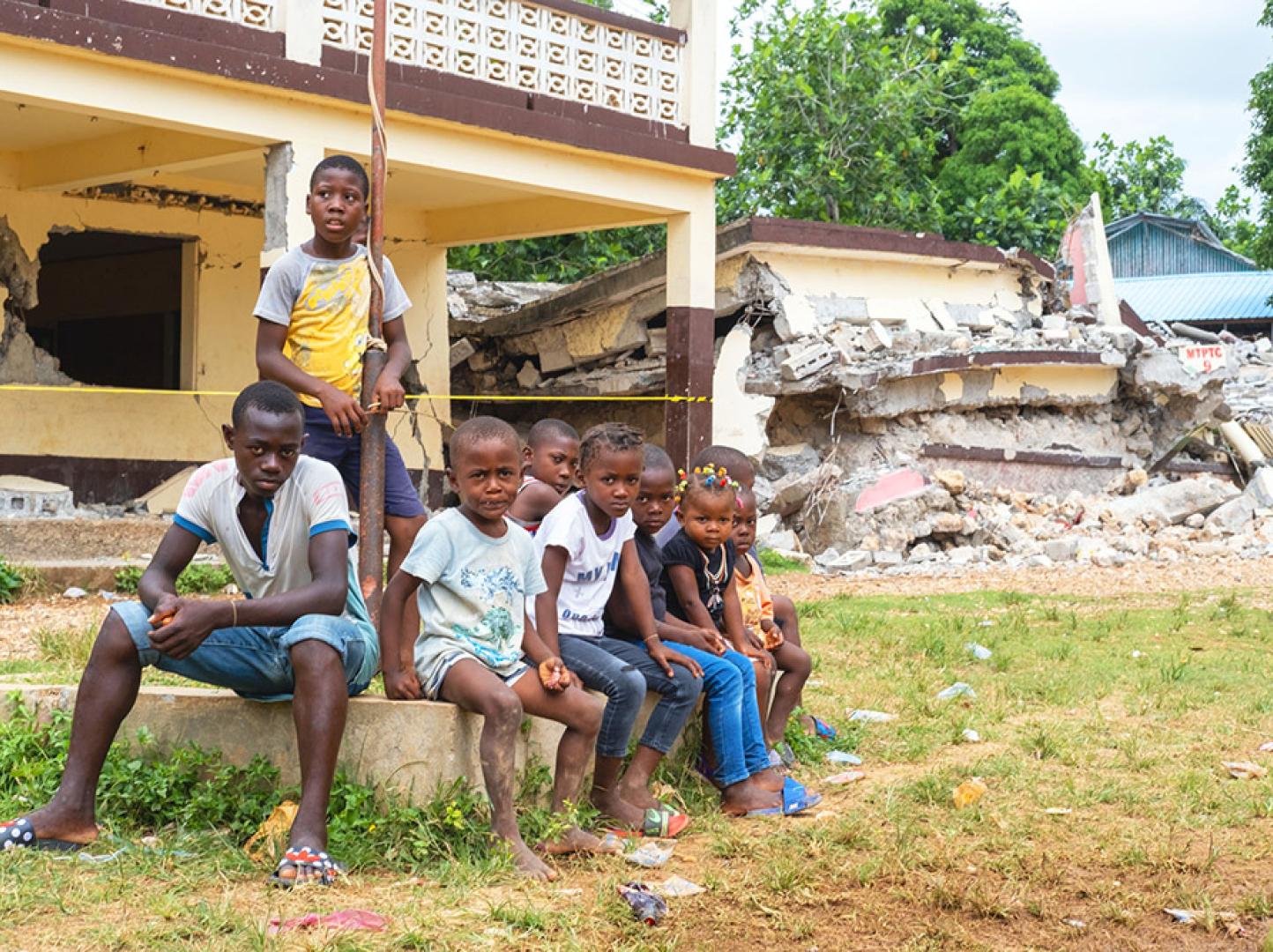Haiti: Humanitarian situation and cholera – Flash Update # 5 (7 November 2022)

This report was prepared by OCHA Haiti in collaboration with humanitarian partners. It contains the latest available information as of 7 November 2022.
HIGHLIGHTS
Kidnappings and gang clashes are on the rise. Civil unrest starts to subside.
• Cholera continues to spread across the country. The number of suspected cases has almost doubled within a week. The geographical expansion is significant, with cases confirmed in four rgions and three more reporting suspected cases.
• The humanitarian response continues to be challenged by persistent insecurity, the lack of fuel and sharp increases in cholera cases.
• According to the DGPC and the IOM DTM, more than 113,000 people are displaced in Haiti, 85% of them as a result of violence in urban areas.
• The multidimensional crisis in the country is having an impact on children’s access to education. Schools have not opened for the 2022-2023 scholastic year affecting around 4 million children.
CONTEXT OVERVIEW
While there have been fewer demonstrations and civil unrest across the country, Haiti continues to face significant insecurity and violence due to gang activity.
Gang activity hinders travel through the main national roads leading to the North (RN no. 1 and 3) and South (RN no. 2, respectively at Martissant as well as Laboule 12, an alternative road used to bypass Martissant which has been blocked since June 2021).
Access to the main ports in and around the capital (Port-au-Prince APN, Varreux terminal, Abraham terminal, Thor, Lafito, Les Moulins d'Haïti) remains extremely difficult. This situation prevents the entry of essential imported goods (i.e fuel and essential items) into the country for the humanitarian response. On Thursday 3 November, after 56 days of complete blockage, the Haitian National Police (HNP) announced that they had successfully gained control of the Varreux port.
While tensions continue due to reduced basic services and lack of basic supplies, economic life is resuming with the gradual reopening of local markets. However, the weeks of shutdown have resulted in the closure of some companies. The textile sector appears to be particularly affected. Digneron Manufacturing, like many other textile companies, was forced to lay off over 1,700 people without pay.
Kidnappings are also on the rise, as are deaths and displacements caused by clashes between gangs.








